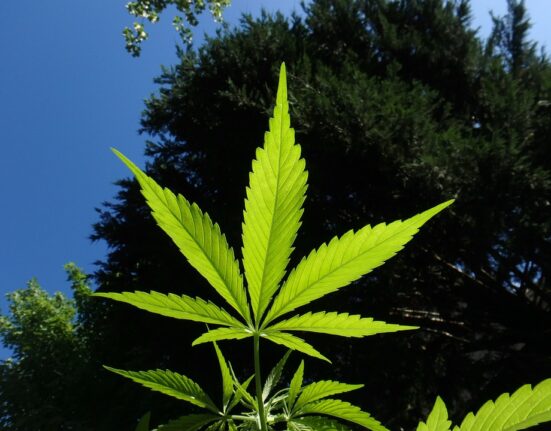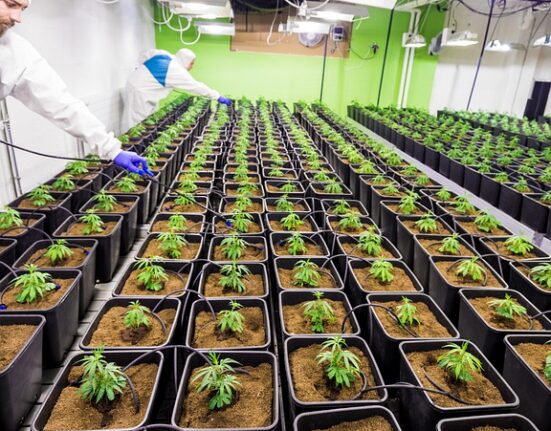Introduction
There has been a lot of debate and misinformation surrounding the relationship between marijuana use and mental health. Many people believe that marijuana can have negative effects on mental health, while others argue that it can actually have benefits for certain conditions. In this article, we will explore the facts and fiction surrounding marijuana and mental health.
Is Marijuana Harmful to Mental Health?
One of the most common misconceptions about marijuana is that it is harmful to mental health. While it is true that some people may experience negative psychological effects from using marijuana, such as paranoia or anxiety, the evidence is mixed on whether marijuana use directly causes mental health disorders.
Studies have shown that heavy marijuana use can be linked to an increased risk of developing certain mental health disorders, such as schizophrenia or bipolar disorder. However, it is important to note that correlation does not equal causation, and there may be other underlying factors that contribute to the development of these disorders.
Benefits of Marijuana for Mental Health
On the other hand, some research has suggested that marijuana may have therapeutic benefits for certain mental health conditions. For example, some studies have shown that marijuana can help alleviate symptoms of anxiety, depression, and PTSD.
In addition, cannabinoids, the active compounds in marijuana, have been shown to have neuroprotective properties and may help protect the brain from damage caused by certain mental health disorders. This has led to interest in using cannabinoids as a potential treatment for conditions such as Alzheimer’s disease and Parkinson’s disease.
Conclusion
Overall, the relationship between marijuana and mental health is complex and still not fully understood. While heavy marijuana use may be associated with an increased risk of developing certain mental health disorders, it is important to consider individual differences and other factors that may contribute to these outcomes.
Furthermore, there is growing evidence to suggest that marijuana may have therapeutic benefits for certain mental health conditions. As research in this area continues to evolve, it is important to approach the issue with an open mind and base our conclusions on scientific evidence.
FAQs
1. Can marijuana cause mental health disorders?
While heavy marijuana use has been linked to an increased risk of developing certain mental health disorders, such as schizophrenia or bipolar disorder, it is unclear if marijuana use directly causes these conditions. More research is needed to fully understand the relationship between marijuana and mental health.
2. Is marijuana addictive?
While marijuana can be habit-forming for some individuals, it is not considered to be as addictive as substances like alcohol or tobacco. The risk of developing an addiction to marijuana is relatively low, but it is still important to use it responsibly and in moderation.
3. Can marijuana help with anxiety and depression?
Some research suggests that marijuana may have therapeutic benefits for anxiety and depression. The cannabinoids in marijuana have been shown to have calming and mood-enhancing effects, which may help alleviate symptoms of these conditions. However, more research is needed to fully understand the potential benefits of marijuana for mental health.








Leave feedback about this